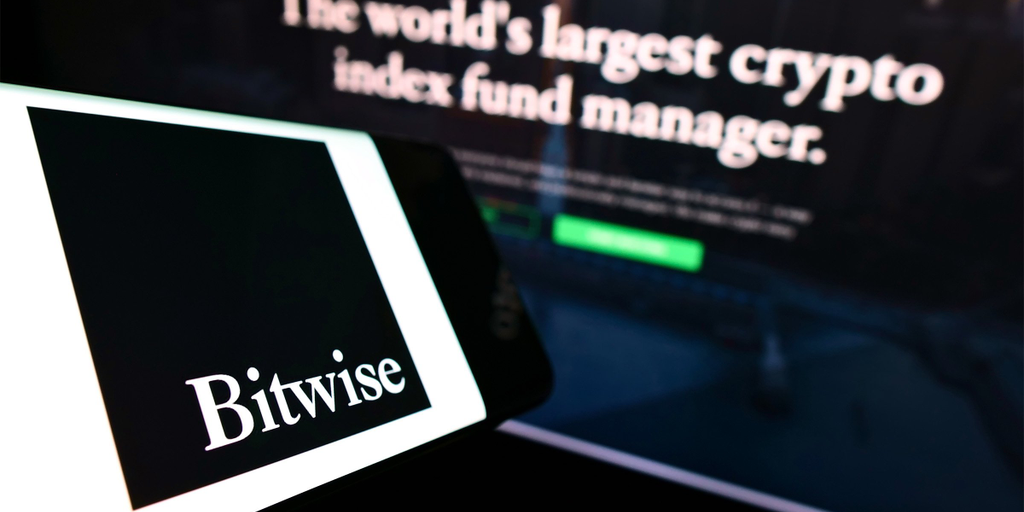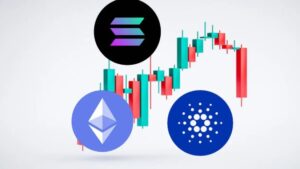In August 2022, OFAC sanctioned Tornado Cash, a cryptocurrency mixer, alleging its involvement in laundering over $7 billion in virtual currency since its inception in 2019. The agency claimed that Tornado Cash facilitated illicit activities, including laundering funds for the North Korean hacking group Lazarus.
The Court’s DecisionOn November 26, 2024, the Fifth Circuit Court of Appeals delivered its opinion, stating that OFAC overstepped its authority by sanctioning Tornado Cash’s immutable smart contracts. The court emphasized that these smart contracts, being self-executing lines of code without any administrative control, do not constitute “property” under the International Emergency Economic Powers Act (IEEPA).
The court’s opinion highlighted that while OFAC has the authority to regulate property, the immutable nature of these smart contracts means they cannot be owned or controlled by any entity, and thus, do not fall under OFAC’s jurisdiction.
Source: X
Implications for the Crypto IndustryThis ruling is seen as a significant victory for the cryptocurrency industry, particularly for advocates of decentralized finance (DeFi) and open-source software development. It underscores the legal distinction between sanctioning individuals or entities and sanctioning autonomous software protocols.
Paul Grewal, Chief Legal Officer at Coinbase, remarked, “These smart contracts must now be removed from the sanctions list, and U.S. persons will once again be allowed to use this privacy-protecting protocol.”
While the court’s decision lifts sanctions on Tornado Cash’s smart contracts, it does not preclude OFAC from targeting individuals or entities that misuse such protocols for illicit activities. The ruling calls for a nuanced approach to regulating decentralized technologies, balancing the need for oversight with the importance of innovation and privacy.
As the cryptocurrency landscape continues to evolve, this case sets a precedent for how autonomous software protocols are treated under U.S. law, potentially influencing future regulatory actions and the development of decentralized applications.














